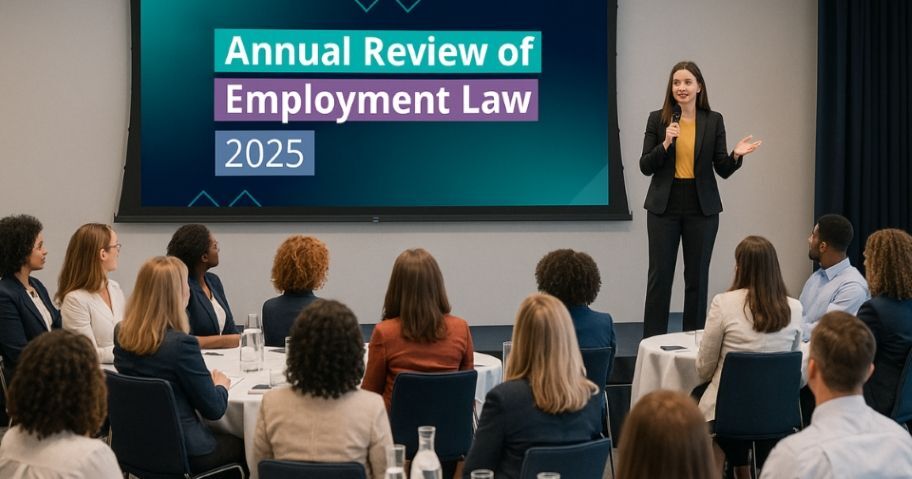Jason Elliott was called to the Bar of Northern Ireland in 2013 and is the Associate Head of School of Law at Ulster University. As a practising barrister, he has developed a largely civil practice representing individuals, companies and public bodies in litigation. This covers a wide range of areas including personal injuries, wills and employment law. In terms of employment law, he has represented both applicants and respondents in the Industrial Tribunal. At Ulster University, Jason lectures extensively on the civil areas of practise such as Equity and Trusts and delivers employment law lectures for both undergraduate and postgraduate students.
Reconsideration application refused on the basis that the arguments were such that they should go to an appeal rather than reconsideration.
The claimant had brought a claim, and it was initially refused by the Tribunal. As a result, the claimant brought an application for reconsideration under Rule 64 of the 2020 Rules. This was brought on the basis that the claimant felt that the judgment was perverse, there was apparent bias and procedural irregularities, legal errors and that it was not in the interests of justice. The claimant also referred to new evidence coming to light after the initial decision which was a letter which she discovered.
The Tribunal outlined that the queries relating to the judgment being perverse, legal errors and perceived bias are not grounds for reconsideration at the Tribunal level. Reconsideration is related to whether there are reasonable prospects of the judgment being varied or revoked – it is not used as an appellate mechanism. In terms of those grounds made by the claimant they would have to be considered by the Court of Appeal rather than by way of reconsideration. The issue was whether the claimant had made protected disclosures and whether she had been subject to detriment as a result. The Tribunal had already looked at the evidence presented, and the submissions made around that evidence. The Tribunal determined that the claimant had not proven that protected disclosures had been made and those findings could not be appealed through reconsideration.
In terms of the new evidence – the Tribunal found that the evidence was not ‘new’. It was a letter from July 2020, and it was telling that the claimant stated that she had ‘remembered’ a piece of evidence which is being given late. Therefore, the claimant was clearly aware of the evidence, but it had just not been put before the Tribunal.
On the issue of bias, the claimant had requested that the reconsideration be carried out by another Tribunal Judge. However, the rules are clear that where practicable it should be the same Judge. Indeed, where bias is argued that is a matter for an appeal court rather than reconsideration.
The Tribunal provides some guidance on the use of reconsideration and how it does not operate as an internal appeals mechanism within the Industrial Tribunal. It is clear that it can only be used where there are reasonable prospects for the judgment to be varied or revoked where it would be based upon some fundamental error or some point that had not been considered at all. It is not to re-litigate matters that had already been decided upon following an examination of the evidence. Additionally, new evidence is only new where it was not available at the time of the Tribunal – the evidence noted was available but the claimant did not make it available.
NI Tribunal decisions are available on the OITFET website.
Continue reading
We help hundreds of people like you understand how the latest changes in employment law impact your business.
Please log in to view the full article.
What you'll get:
- Help understand the ramifications of each important case from NI, GB and Europe
- Ensure your organisation's policies and procedures are fully compliant with NI law
- 24/7 access to all the content in the Legal Island Vault for research case law and HR issues
- Receive free preliminary advice on workplace issues from the employment team
Already a subscriber? Log in now or start a free trial




